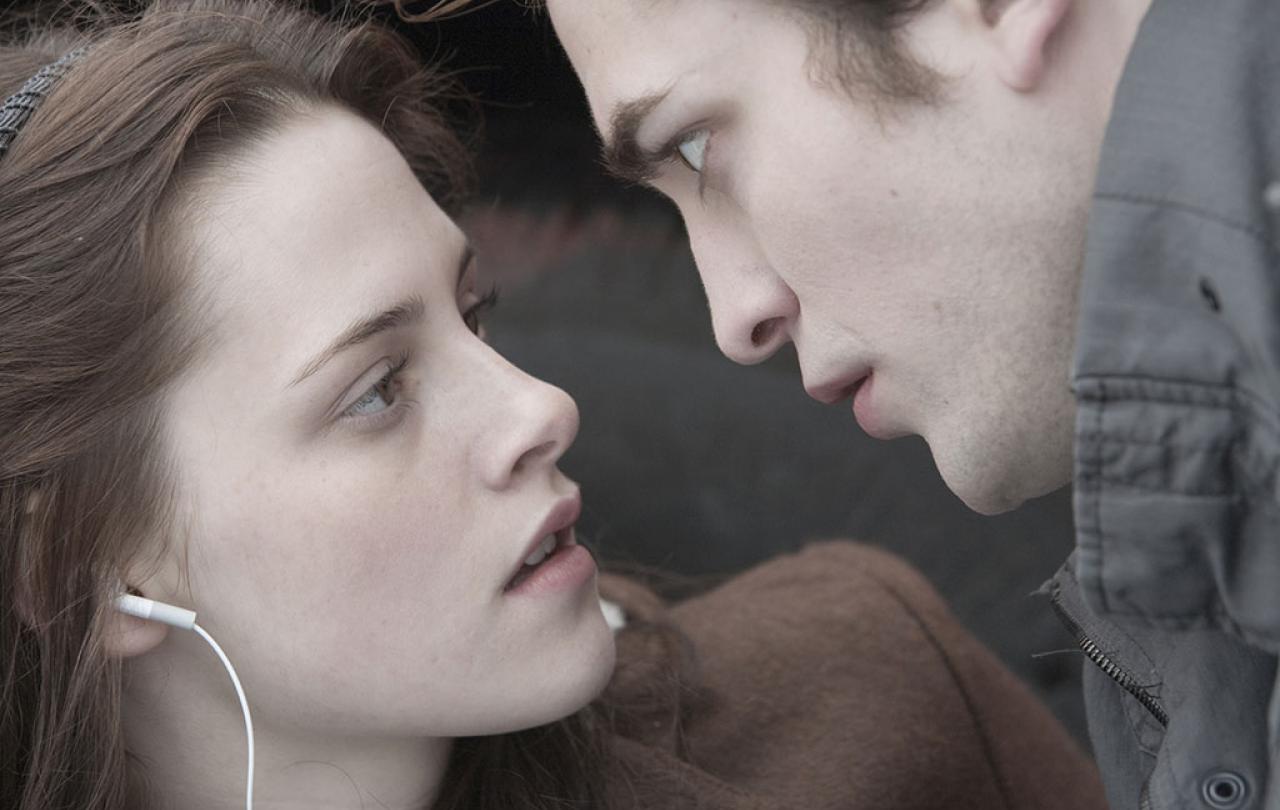Not a bit of it. Peace in the Holy Lands doesn’t even sound like a strategic aim for the West anymore. On the invasion of Iraq in 2003, the US Army general David Petraeus asked: “Tell me how this ends?” No such foresight today. The all-consuming desire seems solely to show that we’re on Israel’s side, come what may.
President Joe Biden responded to Iran’s aerial attack by saying that the US is “fully, fully, fully supportive of Israel”. For his part, prime minister Keir Starmer declared that “Britain stands full square” with Israel and supports its “reasonable demand for the security of its people.” Admirable sentiments, but they don’t point to peace any time soon, so long as they encourage Israel (or anyone else) to escalate conflict.
In some quarters, this is held to be deliberate Israeli policy: To draw the West into a war with Iran in defence of Israel. A re-elected president Donald Trump would be a useful dupe for this ploy, abetted in part by the more extreme ends of the US Christian Right, for whom Israel must be protected at all costs as the locus for the second coming of the Christ. So, war with Iran is Armageddon, the great conflict of the End Times.
These are truly terrifying prospects. For the time being, it’s possibly enough to note that the president of Iran speaks more about peace than the West currently does. Given that the West is supposed to represent the legacy virtues of Christendom, that is in turn alarming.
That Bethlehem carol goes on to note “How silently, how silently, the wondrous gift is given.” As we raise our eyes to the fearsome lights in the night sky over Israel, we might wonder whether, when it comes to peace, silence from Christian nations is really enough.





